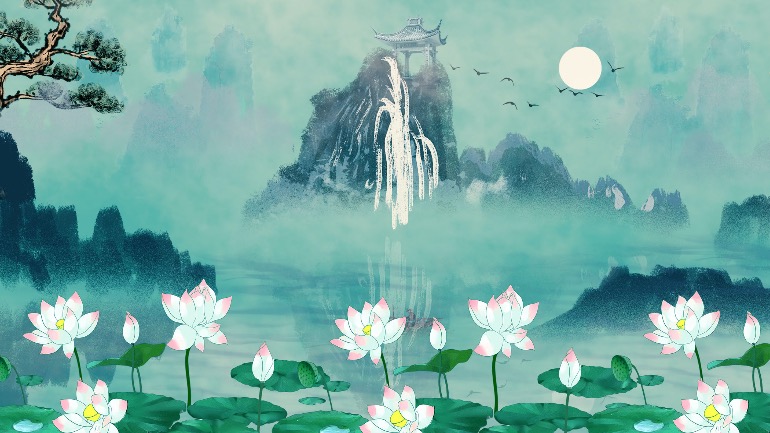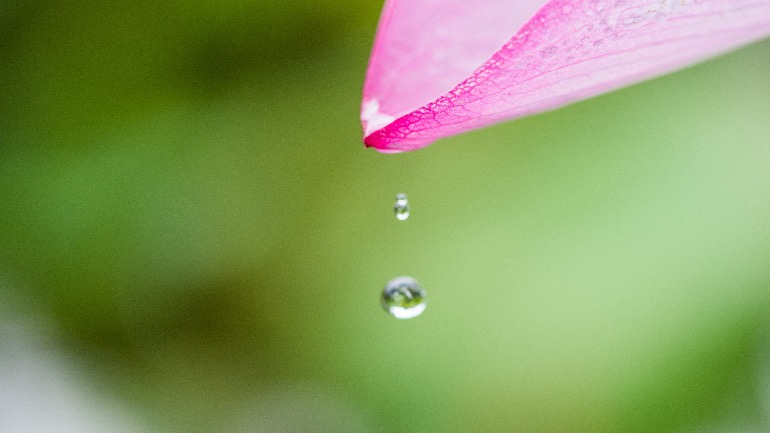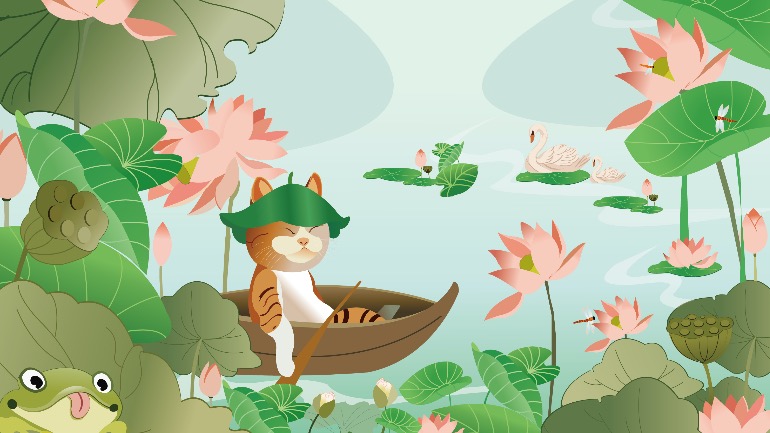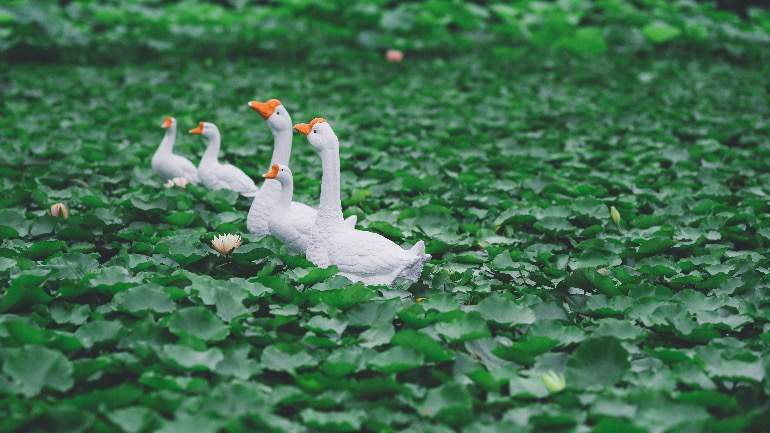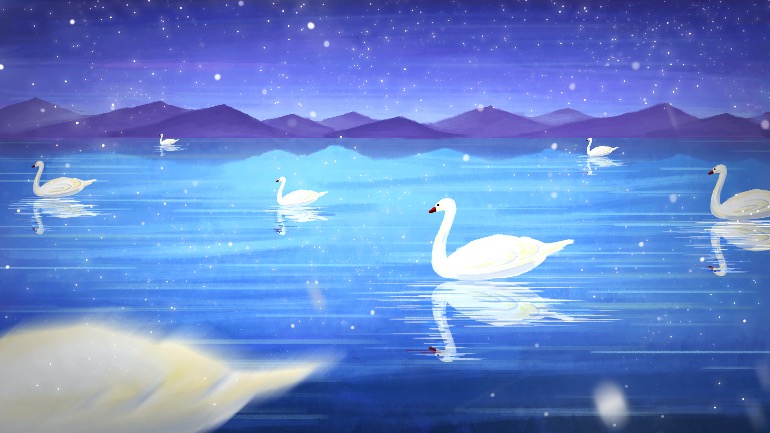The so-called “aggregate of consciousness” refers to our consciousness , that which constantly does the thinking. This aggregate is the most important, since a lot of people believe although the body is not self, consciousness ought to be the self; they therefore form an attachment to it.
From a macro perspective or prior to investigation, consciousness exists; it can cognize and distinguish various things. But like a rainbow which appears from afar to be truly existent, its essence can never be found if one chases after it. Similarly, if we try to look into what consciousness is, the so- called consciousness cannot be found either.
How do we establish consciousness is non-existent? Firstly, consciousness is a composite term that can be separated into many kinds and called by different names – good mental states, bad mental states, eye consciousness, ear consciousness, nose consciousness, tongue consciousness, body consciousness, etc.; among these, eye consciousness can be divided further into different colors like red, white, green, and so forth. Each kind of consciousness can also be broken down by time and into successively smaller time units until consciousness disappears altogether; there is no real entity to be found.
- Quote from The Four Seals of Dhama, "The Practice of Realizing Emptiness"




